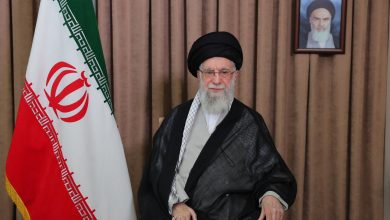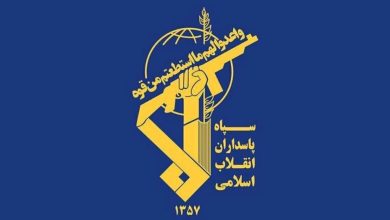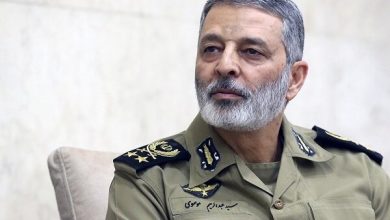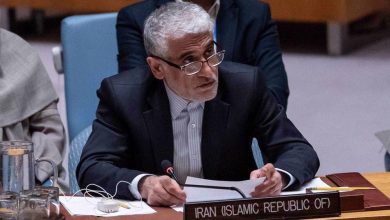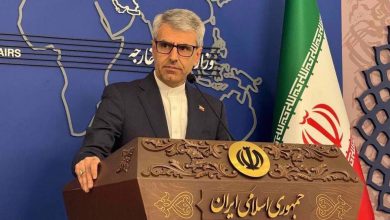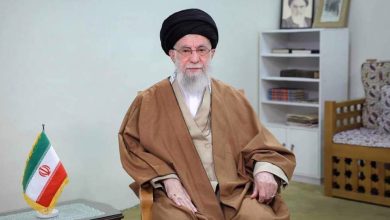An 80-year-old Israeli captive who expressed support for Hamas has faced backlash and hostile reactions from settlers after being released
Israeli settlers have vehemently criticized a recently released captive who expressed appreciation towards the Hamas group in Gaza.
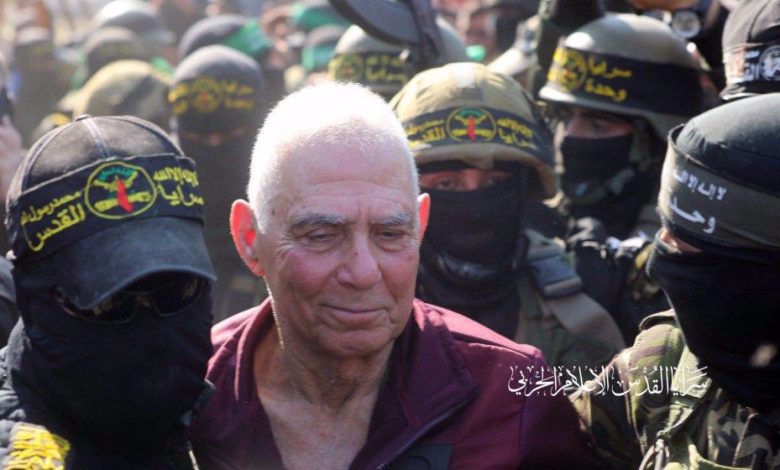
Upon his return, he faced criticism for expressing admiration towards the Palestinian fighters.
Efrat Katz, the wife of Moses, was tragically killed on the same day by Israeli forces in accordance with the controversial Hannibal doctrine. This military policy aims to prevent the capture of soldiers, even if it results in the loss of civilian lives.
After his release, the 80-year-old expressed gratitude for the humane and considerate treatment he received during his captivity. His comments, however, sparked a barrage of online criticism from Zionist commentators. The former captive noted that Hamas fighters took care of his well-being, even as conflict ravaged Palestinian territories.
According to reports, esteemed agronomist and potato specialist Moses has expressed to members of Hamas his aspiration to return to Gaza “when peace prevails” to impart agricultural knowledge and techniques.
In interviews with Israeli media outlets, Moses’s son revealed that his father was treated respectfully during his captivity, living in the same conditions as his captors. Remarkably, Moses was provided with books and received reading lessons. His primary concern was not his captors, but the overpowering Israeli bombings, characterized as random and indiscriminate.
His son recounted that, due to the lack of electricity, Gadi would retire for the night at sunset and rise before dawn, typically around 3:00 a.m. During these early hours, he sometimes heard Israeli bombings, a few of which occurred nearby, instilling a sense of fear. This account was reported by the Hebrew Walla website.
His comments sparked a wave of outrage among Zionist settlers, who described him as “mentally ill.”
A social media user from a Zionist perspective expressed concern, describing him as “mentally ill, delusional, and disconnected from reality,” and lamented the decision to bring him back.
According to a report from The Jerusalem Post, Moses often engaged in debates with his Hamas captors, discussing topics such as land ownership and political matters. Contrary to the longstanding portrayal of “torture chambers” by Israeli propaganda, Moses was involved in spirited discussions with those holding him captive.
A comment on the platform X, made by a user identified as Tameem, suggested that Israeli media had “unintentionally” highlighted the civility and open-mindedness of guards associated with Moses. This portrayal, the user noted, starkly contrasts with the harsh conditions reportedly experienced by Palestinians in Israeli detention facilities.
He jokingly remarked that the so-called ‘Hamas Torture Dungeons’ were, in fact, just discussion chambers.
Moses, alongside other liberated hostages such as Keith Siegel, expressed collective gratitude. In a farewell video message, Siegel extended his appreciation to the Al-Qassam fighters for their attention and care during captivity.
He expressed gratitude for his captors’ treatment over the past 15 months, noting that they consistently provided him with food, water, medical supplies, and took care of his eye treatments and blood pressure monitoring.
The recent disclosures, which starkly contrast with the dominant Zionist narrative, have incited significant outrage among settlers. They remain adamant in rejecting any narratives that portray their adversaries in a humane light, challenging their efforts to demonize them.

